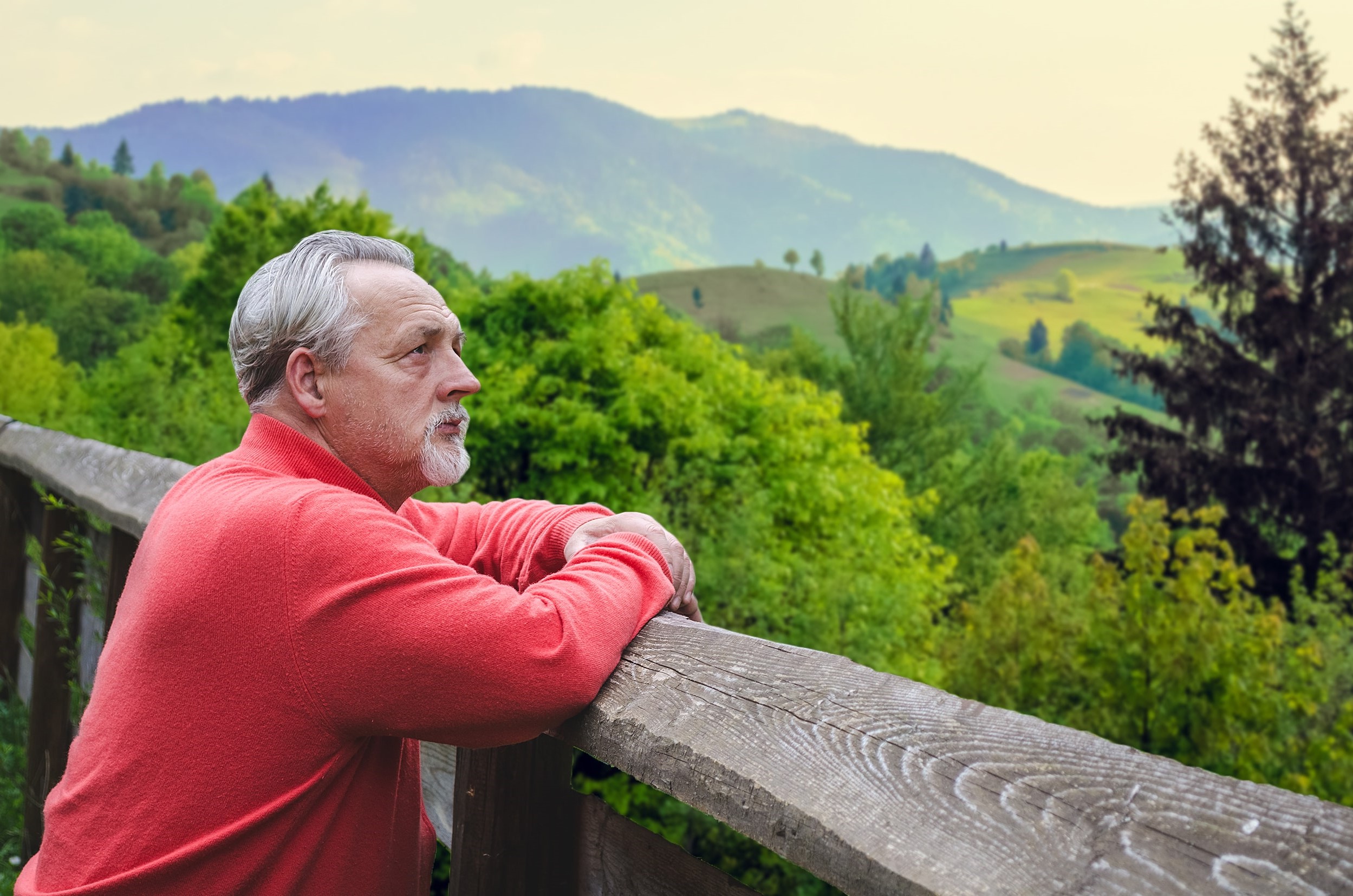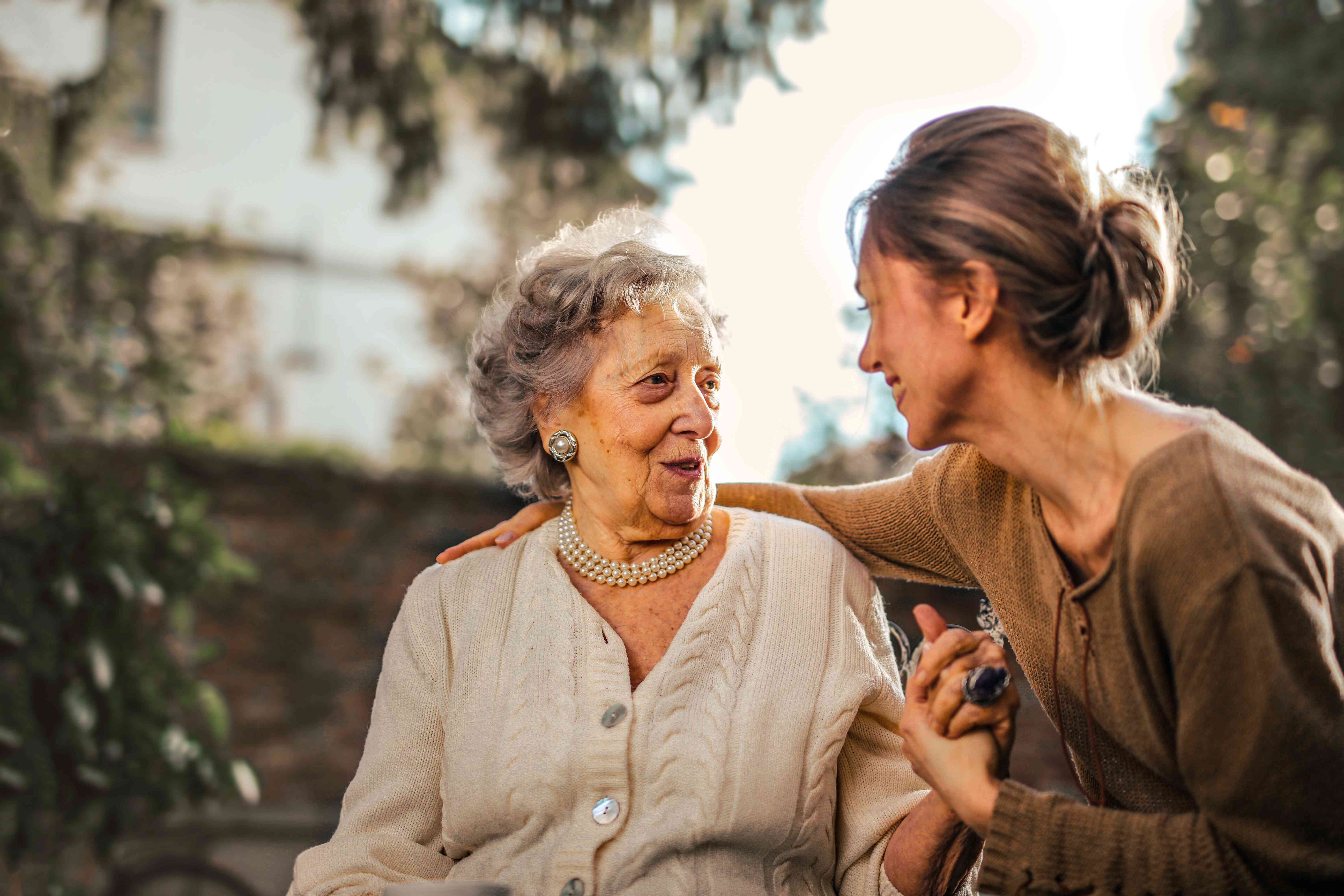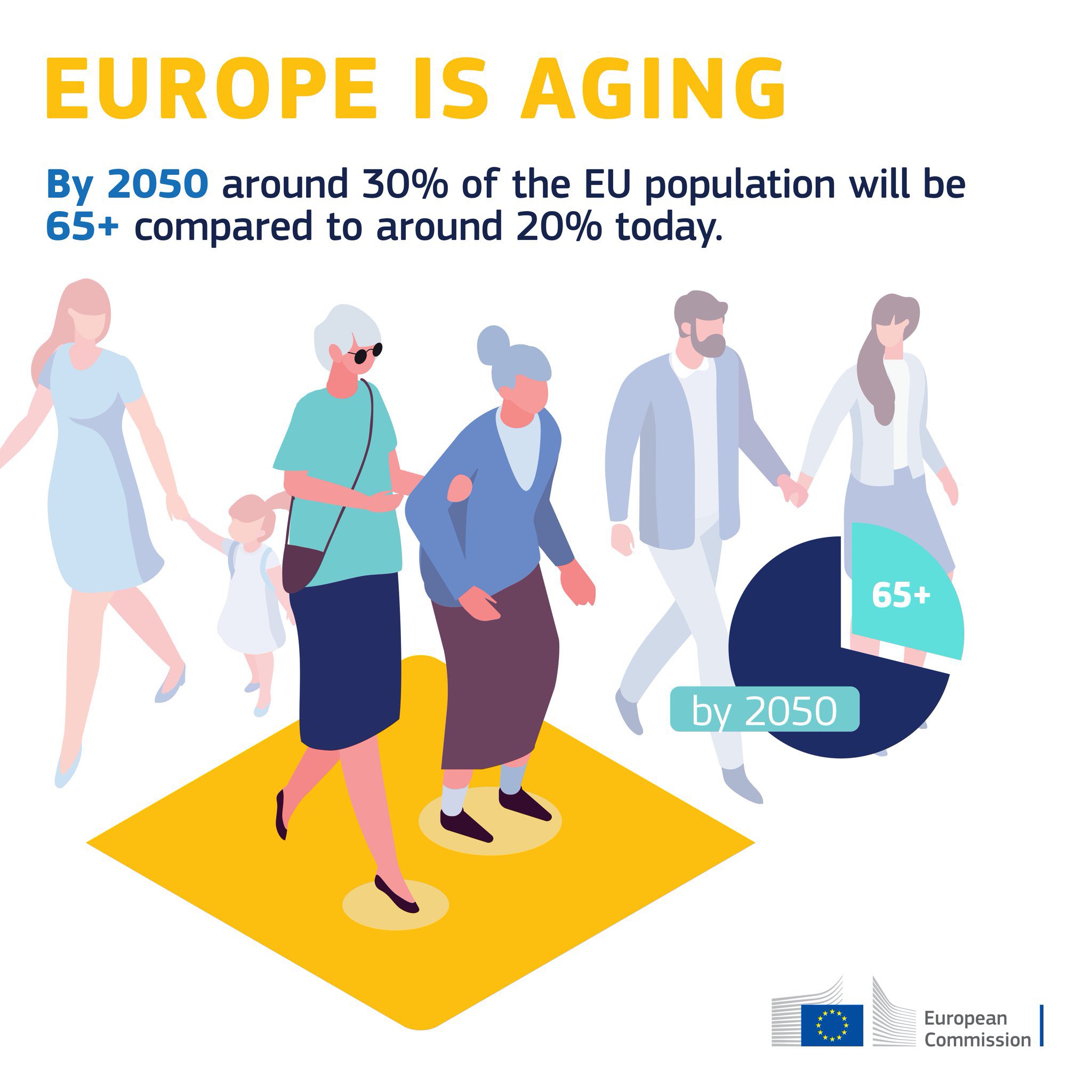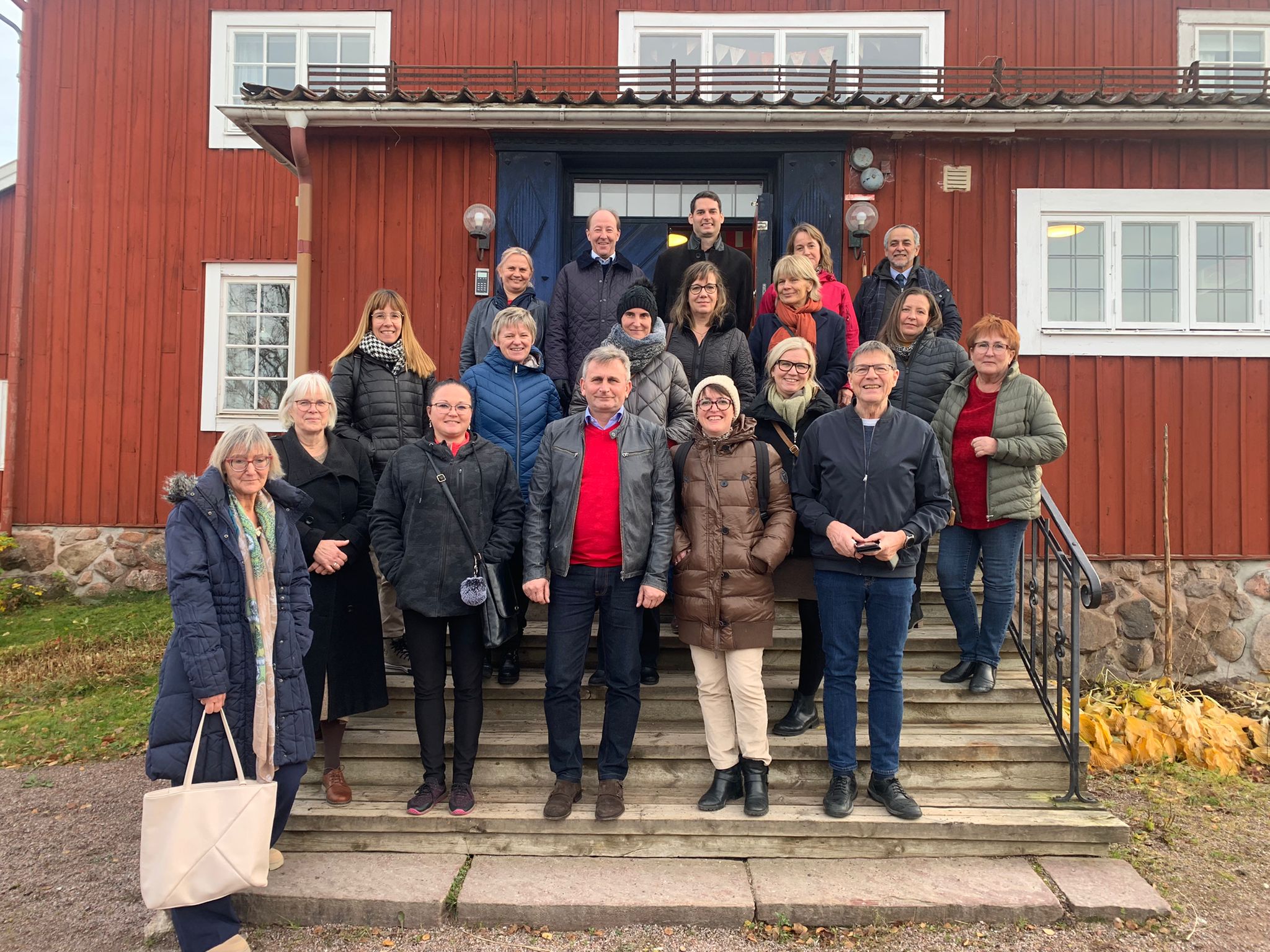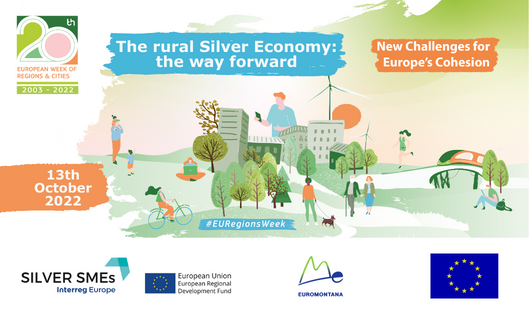SILVER SMEs aims at developing regional policies that take advantage of the Silver Economy to boost SMEs in our rural and mountainous regions. After 5 years of inter-regional exchanges of solutions that promote the development of SMEs from the Silver Economy, SILVER SMEs now takes action!
Our partners implement Action Plans to support the Silver Economy in their regions and address the specific challenges of their territory. Today we meet with Dorota Bazuń, PhD at the Sociology Institute of the University of Zielona Góra. She tells us how the Action Plan for the Lubuskie region, Poland, encourages social businesses to embrace the Silver Economy and provide better care services to older adults.
What are the main actions implemented through your SILVER SMEs Action Plan?
Through our Action Plan, we mainly develop 3 actions aimed at promoting social entrepreneurship as a services provider for rural older adults. To do so, we:
- Offer financial support to social entrepreneurs in order to help job creation and to encourage them to provide more services dedicated to older people living in rural areas:
- Develop consulting services for social entrepreneurs from the Silver Economy to boost their activity and competitiveness.
- Support the development of a “care farming model”.
On the practical side, our actions have been implemented since 2021 and 2022. Monitoring of their development is conducted by the Regional Centre for Social Policy and Social Economy Support Centres. Overall, the estimated cost of our actions amounts €37.000.
How do these actions address the specific challenges of the Lubuskie region?
These actions aim at strengthening the Silver Economy in the Lubuskie region, taking into account our specific context. The SWOT analysis we conducted at the beginning of the SILVER SMEs project demonstrated that we face a shortage of staff in the care services sector, that we lack financial support for entrepreneurs and other bodies providing services to older adults and that our seniors often feel lonely.
Through our Action Plan, our goal is to strengthen the social services sector and especially social entrepreneurs working in the Silver Economy industry. By providing funding, training and consulting, we will encourage the development of new services and job creation in a sector under pressure that lacks workforce. One of our campaigns will in particular focus on agritourism businesses to encourage them to embrace the Silver Economy by developing care farming structures. Care farms usually involve the therapeutic use of farming practices to support physical and mental well-being.
What are the direct benefits for older generations?
We expect that our actions will strengthen social businesses and create a snowball effect, encouraging others to engage in the social economy and the Silver Economy. Social enterprises are businesses, but they have a social mission and usually live close to their community. By supporting these businesses, we expect to increase the quality of life of rural older adults.
Some of our actions are already much more advanced than what we originally planned. For instance, we provided support and advice on the creation of care homes. A pilot programme was launched and now, 3 new care homes were created in the region, providing care to about 40 rural older adults. This goes beyond our expectations!
How have interregional cooperation activities helped you to design your Action Plan?
SILVER SMEs inspired us in many ways, by giving us the opportunity to meet stakeholders and exchange experiences. For us, who were mainly looking to develop care services in a social economy approach, the project was very useful. In particular, we learned a lot from Envejece en tu pueblo a Spanish social economy programme that encourages young people to live in rural areas and provide care services to older adults. This initiative helps older people staying in their village.
We were also inspired by FuturEnSAP, a French good practice shared by our partner Eurasanté. FuturEnSAP aims at improving care givers’ skills in terms of care coordination and e-health. The business model of Cuidamos Burgos, a good practice from Spain shared by SODEBUR, was also useful to us. This small business is providing home care to older adults but also helps people adapting their home to their needs.
Discover more details on the measures in the Regional Development Agency JSC’s Action Plan for the Lubuskie region! The results and impacts of these actions will also be discussed at the SILVER SMEs final conference, which will be held on 21 February. Have a look at the programme and register on the event's webpage!




